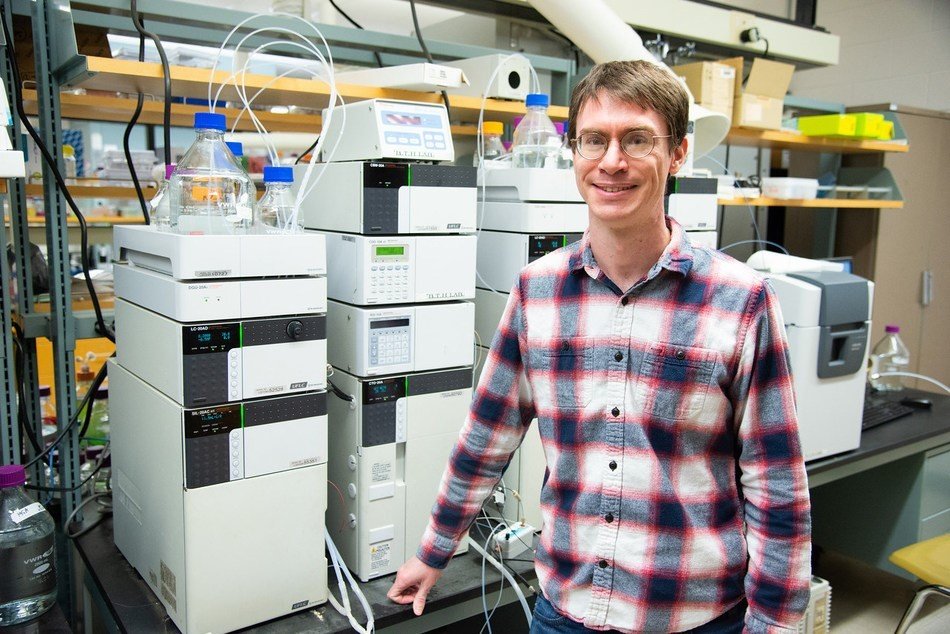FSSAI to conduct training programs on FSS Act and Good Agri Practices
The state food authorities to include programs related to animal husbandry, agriculture, pesticide usage
The Food Safety and Standards Authority of India (FSSAI) has recently written a letter to the Food Safety Commissioners of different states for an awareness and training program about ‘Good Agricultural Practices’ and the FSS Act for the primary producers to look into the problem of contaminants and residues of various pesticides post-harvesting.
The letter added that the programs can be organized in collaboration with state departments of animal husbandry, agriculture, fisheries, dairying, Krishi Vigyan Kendra and the Indian Council of Agricultural Research.
The matter gained popularity after the Parliamentary Standing Committee on Health observed that harmful contaminants and components enter the food system during the time of primary production. Food authorities were asked to ensure that the food was safe right from the start of the food chain and that they needed to work closely with the primary producers.
Once the food enters the food value chain, FSSAI being the apex food regulator, regulates and monitors the contaminants and maximum residue limits for various pesticides in farm produce.
An official informed that FSSAI has issued various codes of exercises under the Food Safety Management System for fish, fish products, meat, meat products, milk, milk products, and so on, along with vegetable edible oils.
Moreover, FSSAI has also issued a number of guidance materials on major food safety issues pertaining to the primary production level regarding metal aflatoxins, pesticides, contaminants, and the issue of formalin.
The state food authorities to include programs














